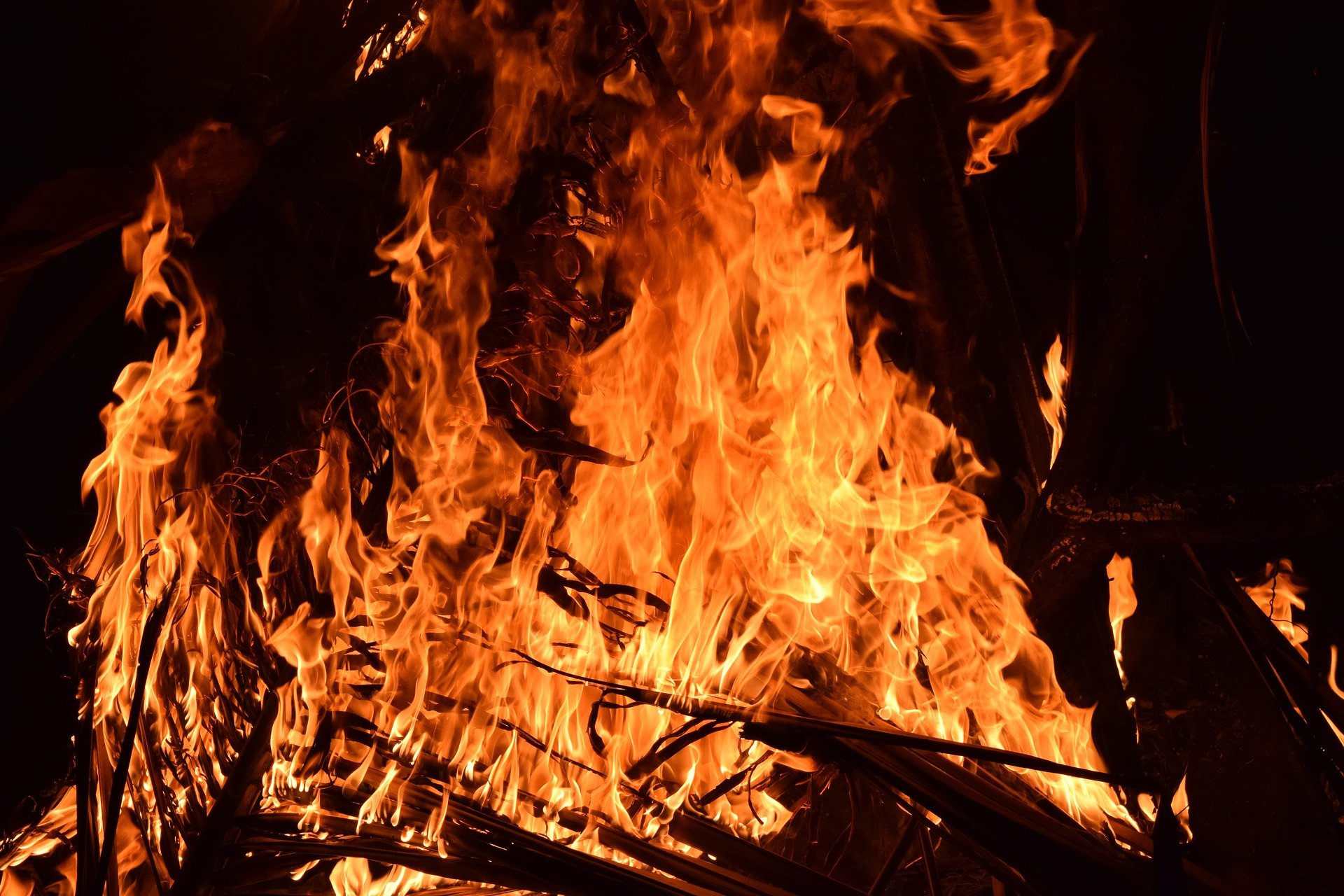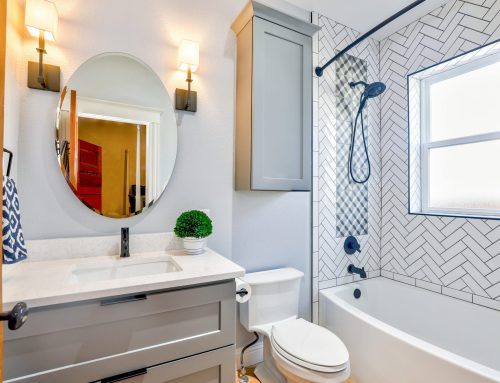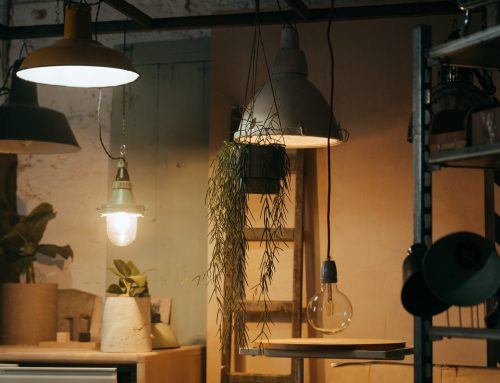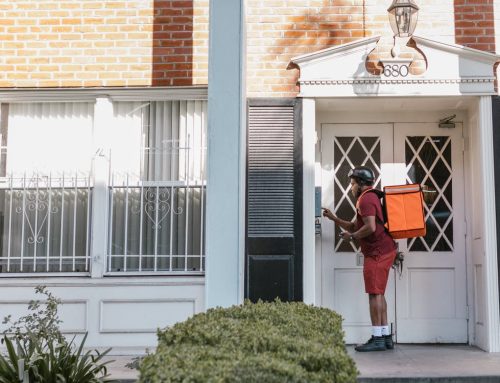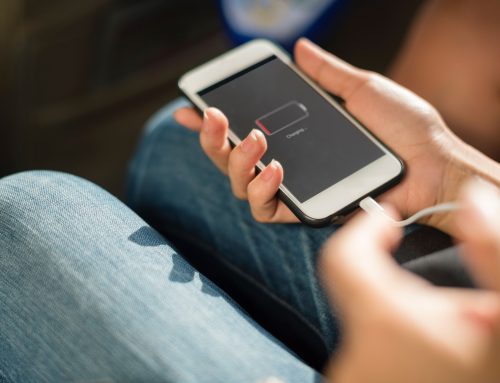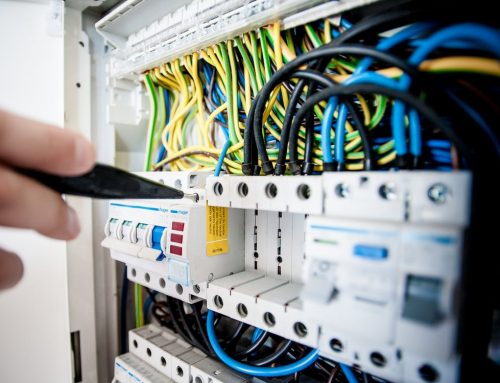It’s National Winter Safety Awareness Week, so it seems like the perfect time to share some tips, tricks and advice to keep you and your family safe and allow you peace of mind during the next few months.
According to a 2019 report published by the National Fire Protection Association citing statistics recorded between 2012 and 2016, 39% of house fires happen during the winter months, specifically from November until February. The two leading causes of these house fires being unattended equipment followed by electrical failures and malfunctions. In many of these situations the outcome could have been avoidable with the right precautionary steps. Let’s now address a few of the main causes and issues so we can then understand to avoid them.
Check Your Cords and Outlets
Before plugging anything into an outlet give both the cord and outlet a good look over. Make sure that you do not see any exposed wires or burn marks. The former being sure signs of trouble to come and the later being a sign of a potential current issue. Even if everything looks good to go be careful with how many things you plug into one particular outlet. A good rule of thumb is only one three prong appliance per outlet.
Space Heater Usage
First off, look for a space heater that has an automatic shut off if tipped over. Then make sure you have it plugged directly into a wall outlet as extension cords and powerstrips are not generally designed to handle the required electrical current. While in use place it on a flat and non combustible surface at least three few away from furniture. And never leave them turned on while unattended. Because as we have seen above, that is the leading cause of house fires.
Unplugging Non-Essential Devices
Heating a home is not easy and your electrical system has to work extra hard over the winter months to get the job done. The additional strain on the system can cause problems to arise out of nowhere and when you least expect them. A great way to avoid a big part of this trouble is to simply unplug anything that you are not currently using. This can be a useful step to add into your daily life but is especially important if you are heading out of town for multiple days at a time. (Bonus: you can actually lower your electric bill by unplugging things you aren’t using)
Check Your Smoke and Carbon Monoxide Alarms
You should make sure you have plenty of smoke alarms placed around that house and at least one carbon monoxide alarm on each level. A good rule of thumb is to change the batteries once a year to avoid them unknowingly running out of power. Checking your carbon monoxide alarm is especially important during the winter months because you are less likely to open a window allowing the house to air out in turn causing gasses to be trapped inside your home.
Call A Professional
Let’s face it, sometimes you just need a Pro! It’s better to be safe than sorry when it comes to you and your family’s safely, so never hesitate to call a trained expert with any questions or concerns. Watch for things like flickering lights or lamps, outlets and switches being hot to the touch or unexplainable changes in your power bill. These are clear signs that something serious and potentially dangerous could be happening right under your nose. A simple call could save your life!
No matter if you love winter or hate it, it is on the way and you better be ready! We hope after reading this you feel better prepared for the next few months and we can all roll into the New Year incident free!



